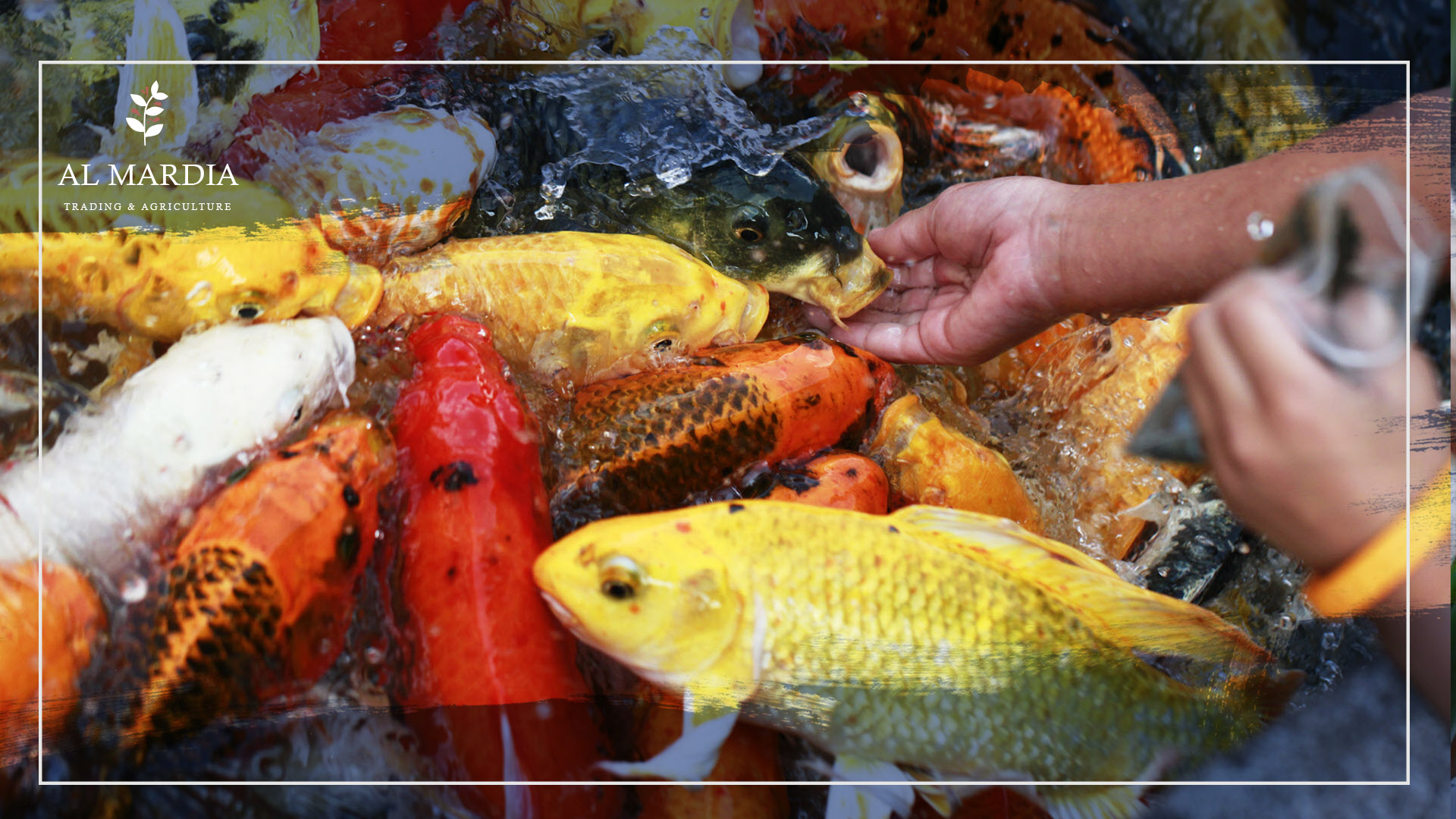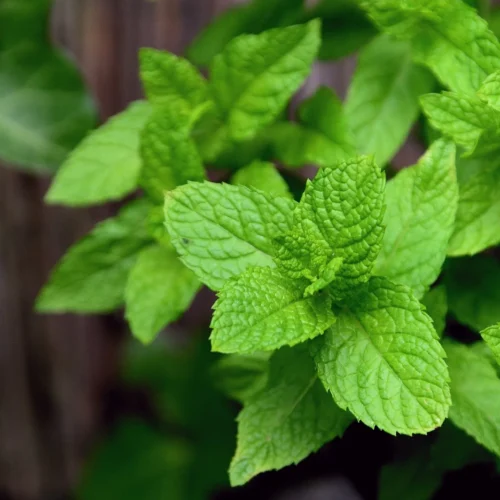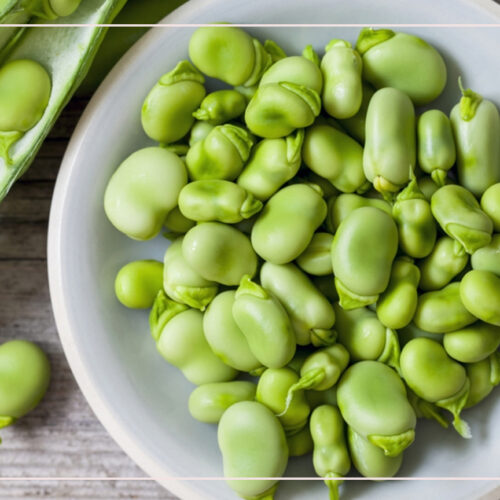
Enhancing the Immunity of Pond Fish
Enhancing the immunity of pond fish is a critical task for any fish keeper. As fish are highly susceptible to viruses found in their environment, it is important to understand how to best protect them against these diseases. This article will explore the basics of enhancing immunity in pond fish. It also includes a good understanding of how the immune system works and what can be done to strengthen its defense. We discuss some of the common methods used to improve immunity in pond fish. We look into various techniques to boost pond fish immunity including dietary changes, vaccinations, and proper water quality management.
Understanding the Types of Viruses Common in Pond Fish Farming
Pond fish farming is a delicate and complex process, and like any other kind of animal farming, it can be prone to disease. The most common type of disease for pond fish is viral infections, and two main categories of viruses frequently affect them: Viral Nervous Necrosis (VNN) and Spring Viremia of Carp (SVC).
-
Viral Nervous Necrosis (VNN)
This virus affects the nervous system of ornamental fish, causing lesions in the brain that eventually lead to paralysis, convulsions, and death. It’s commonly found in wild species, but it can also spread to farmed species through contact with infected water or with ill fish.
-
Spring Viremia of Carp (SVC)
This virus is the most common virus found in farmed carp. It’s highly contagious and can cause mortality rates of up to 90%. Symptoms include anorexia, ascites (fluid accumulation in the body cavity), inflammation of the heart or gills, or general depression.
By understanding the types of viruses commonly found in pond environments, you can best equip yourself with the knowledge needed to prevent or manage any potential outbreaks.
Enhancing Fish Immunity Through Natural Products
Pond fish are particularly vulnerable to viruses from their environment. So, it is important to take the necessary steps to help protect them. One way to do this is by providing them with natural products that will help enhance their immunity.
Here are a few natural resources that can help give your pond fish the boost they need:
Probiotics
Probiotics are beneficial for both humans and pond fish alike, as they promote balanced gut bacteria which helps improve overall health and prevent viral infections. You can see our product, Aquapro, a specially formulated probiotic product that improves the immune system of shrimps, prawns, and fish.
Vitamin C
Vitamin C is an essential nutrient for all animals, including pond fish. It helps strengthen the immune system and can even reduce the effects of certain virus-induced diseases.
Antioxidants
For example, Piscicare and other similar antioxidants can help protect pond fish from damage caused by environmental pollutants and other toxins that can weaken their immunity.
By incorporating these natural resources into your fish’s diet, you can help provide them with more immunity to fight off harmful viruses commonly found in pond environments.
How to increase the immunity of fish and shrimp?
There are several strategies you can use to help create a healthy and disease-resistant environment for your pond fish.
Water Quality Control
The quality of the water in your pond is essential to the health of your fish. Monitor your pond’s pH levels and temperature, as well as any other conditions that might affect the health of your fish. If possible, install a filter to reduce the amount of organic matter in the water.
Bio-Stimulants
Introducing beneficial bacteria into the water can help break down toxins and free up nutrition for your fish. Adding bio-stimulants such as enzymes, amino acids, vitamins, and minerals can improve water quality and increase resistance to infection and disease.
Stress Reduction
Stress is one of the main causes of disease in fish and can be difficult to detect without careful observation. Provide plenty of hiding places for your fish so it has space when feeling threatened or scared, and make sure there are not too many competing for food. Too many fish together in a small pond will also create stress conditions, so if you notice this happening try adding a bigger pond or moving some fish out.
Evaluate Performance Indicators to Assess Improvements
Regularly monitoring and assessing the performance of your pond fish is a great way to ensure their immunity stays high and to detect any signs of health issues. To do this, consistently evaluate the relevant performance indicators:
-
Color
Healthy fish will have a vibrant, uniform color with no discoloration.
-
Activity level
Look for signs of reduced activity, such as spending more time at the bottom of the pond or a decreased interest in food.
-
Feeding habits
Take note if they are not finishing their food as quickly as usual, or if they begin to become finicky eaters.
-
Water quality
Monitor the pH and ammonia levels in your pond water. This will tell you if there is an imbalance in the aquatic environment that may be affecting their health.
-
Sudden changes
Observe any sudden physical or behavioral changes that could indicate underlying health issues.
By tracking these performance indicators regularly, you’ll be better equipped to identify potential issues. It’s easier to address them immediately before they become more serious problems.
In conclusion, farmed aquatic animals, such as fish, can benefit greatly from enhanced immunity. With proper treatment of the pond environment and natural products to boost fish immunity, you can ensure that your fish remain healthy and disease-free.
Related Topic
How to start a fish farming business?
Common Questions
-
How can I boost my marine fish immune system?
Supplementing fish and shrimp diets with trace minerals and essential nutrients is highly recommended. For example, amino acids, essential fatty acids, and vitamins have been proven to strengthen their immune systems.
-
Why do you put salt in a fish pond?
The use of salt in ponds containing fish has numerous advantages, acting both as a preventative and treatment measure. It replenishes electrolytes and assists with resistance to diseases, nitrite toxicity, and general stress. At the same time, it is still safe for both the fish and their surrounding environment.
-
What affects the immune system in fish?
There is extensive research on the impact of environmental stressors on fish. Pollutants, confinement, and low temperature are some of the most studied factors. Studies have demonstrated that these three factors can reduce aspects of both innate (non-specific) and adaptive immunity.





